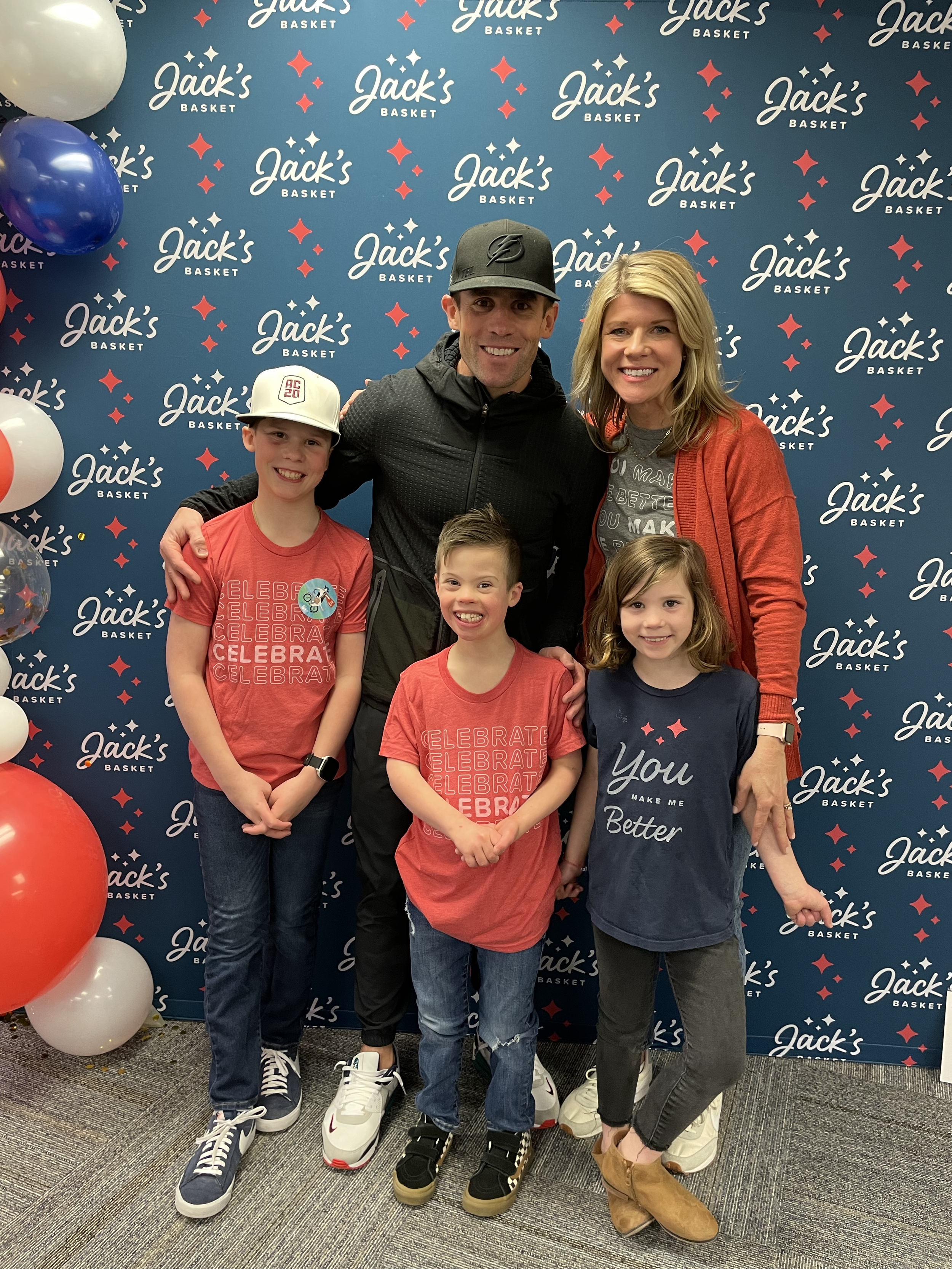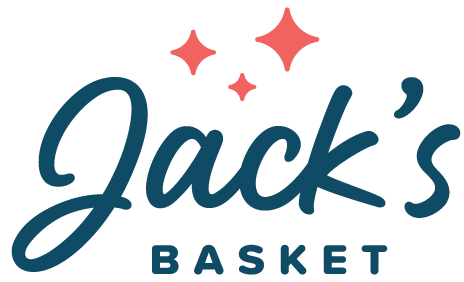
Celebrating Disability Pride Month
Everyday we assign value to people with our assumptions, labels, and generalizations. Oftentimes our view of others, and their worth, is based on achievement, education, economic status… fill in the blank. We selfishly ask, “What does this person have to offer me?” I’ve lost track of the number of times that I’ve been asked, “How severe is Jack?” I think what the person is trying to ask is, “How much of his extra 21st chromosome has impacted his development?” Depending on the day, I may fire back with a response that asks the question right back to the curious acquaintance, “How severe are you?”
Because really, what does that matter? His disability certainly hasn’t affected our love and acceptance of our son, but your question makes me wonder if you’re okay with it. The impact of your question may be different than your intent, but it doesn’t feel so good. It seems you’re trying to figure out if your assumptions – that our life sucks because my son has Down syndrome – are really true.
Yes, sometimes this path does suck, and can be difficult, but if you’re honest, so does yours. It’s called life. There are joys and sorrows, mountaintops and valleys. Sometimes it does have to do with his disability, but much of the time it has NOTHING to do with his diagnosis. MOST of the time it’s the lack of acceptance and opportunities, the assumptions, and being marginalized because of his disability, that makes this journey most difficult.
We are proud of Jack and love him. Life is so much better because of him. We view his life as God’s masterpiece, truly and uniquely created with a purpose. He’s a son, brother, grandson, classmate, teammate, neighbor, and friend. He’s helped us see each person as someone whose life has worth, not based on “what” they can do, but rather valued for “who” they are. So what if we are the ones who actually have the most consequential disability? – the inability to truly see others through a lens of acceptance and love? If we weren’t limited by this inability, then maybe we could stop asking, “What can you do for me?” but rather, “What can I do for you?”
I miss running…
So it’s been at least four months since my last entry and my life has changed dramaticallyR
18 months…Stay tuned to WCCO TV!
Wow, what a month it has been! Where do I even begin to update you on the amazing month we have
Let’s do this better. Speaking at the hospital.
September 8th. I’ve had this date starred on the calendar for over six months. *Speaking at


Leave a Reply